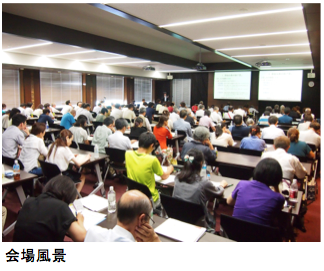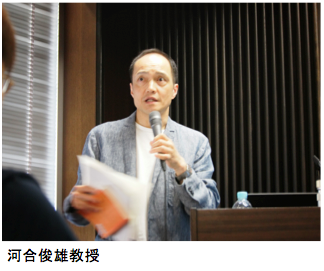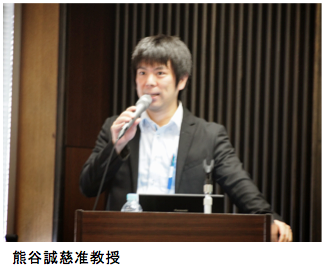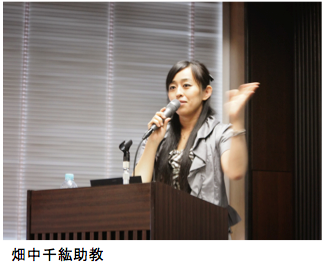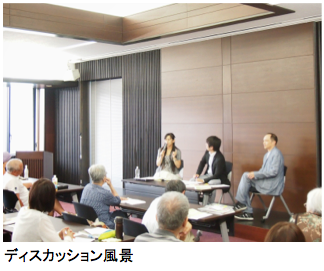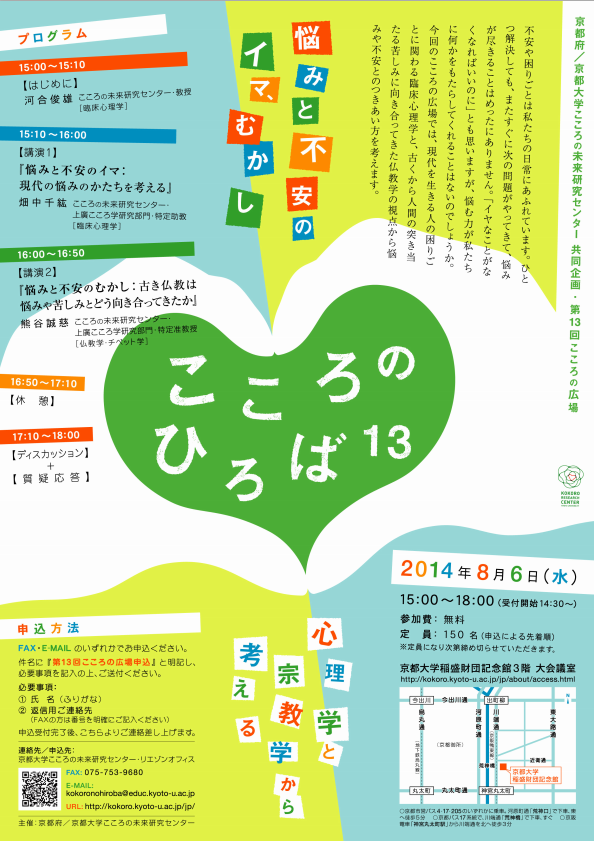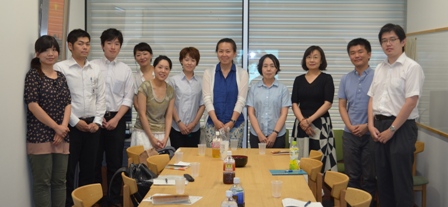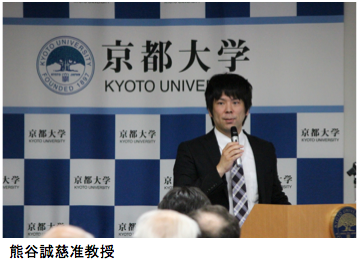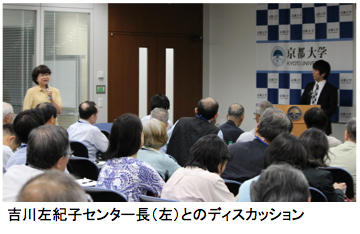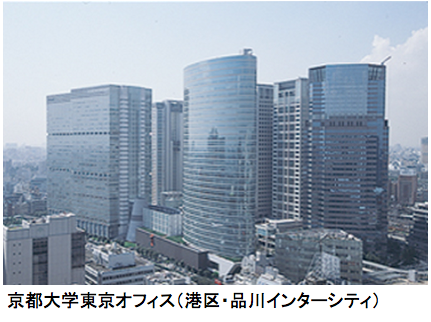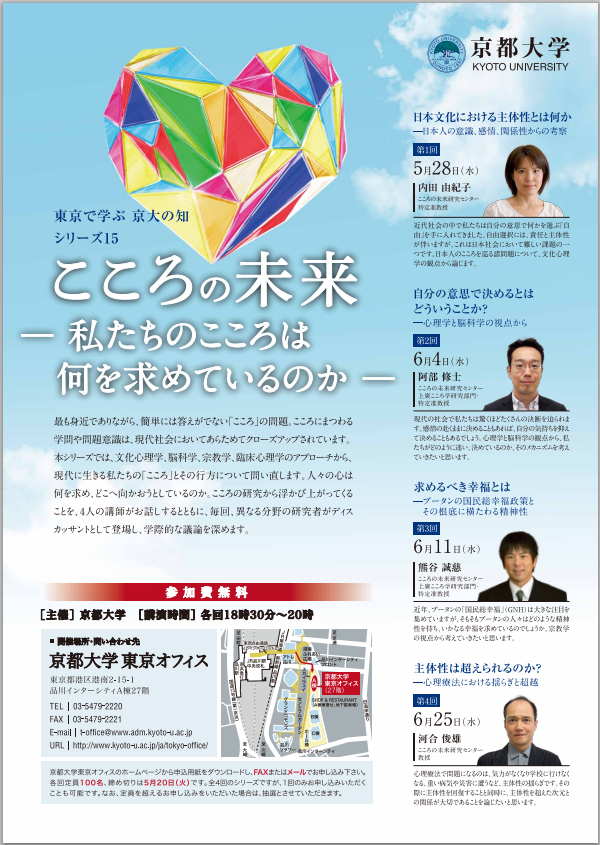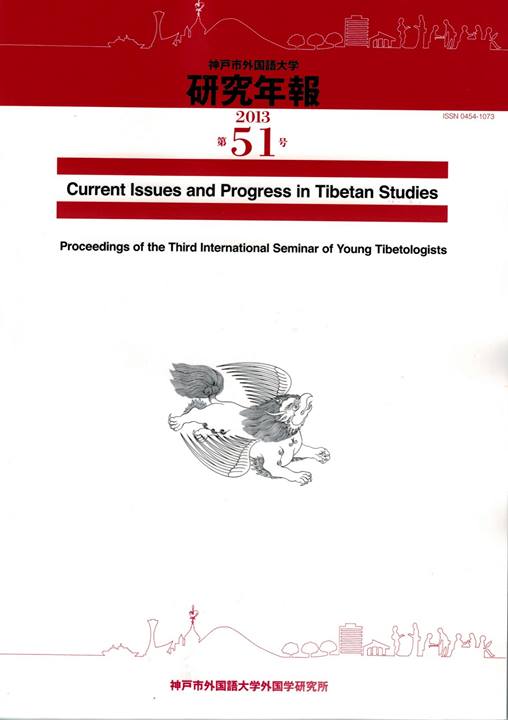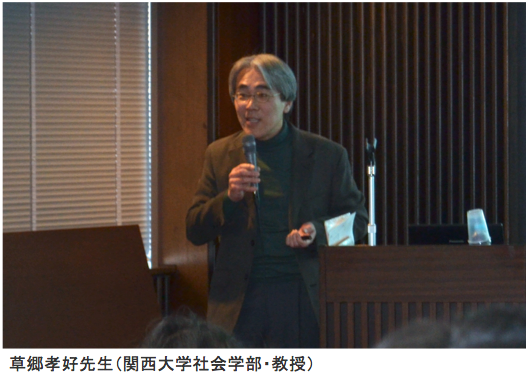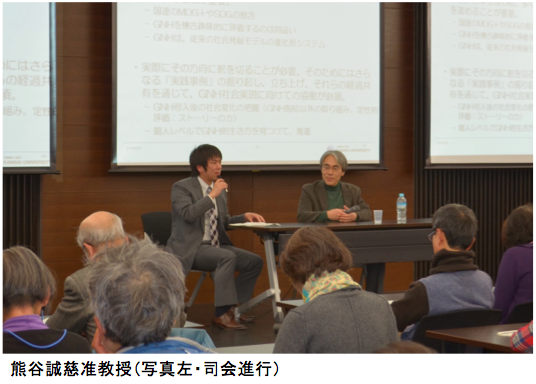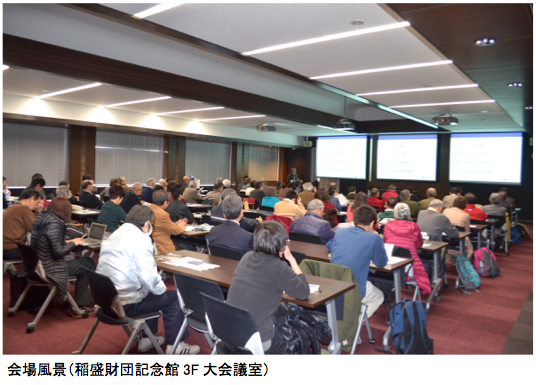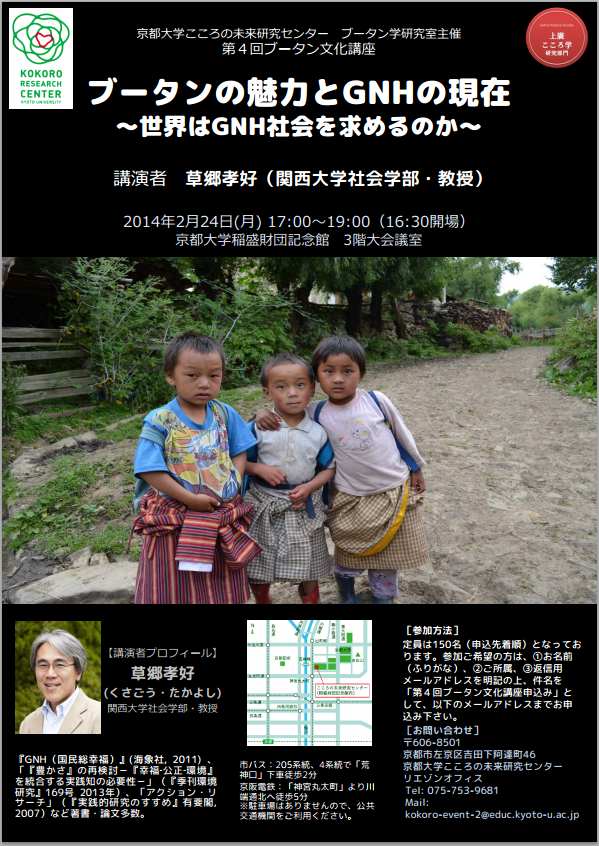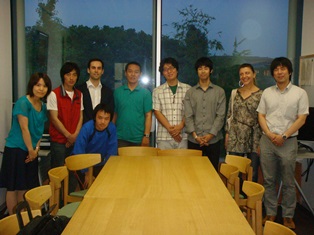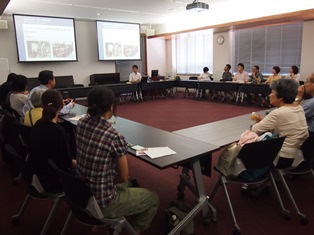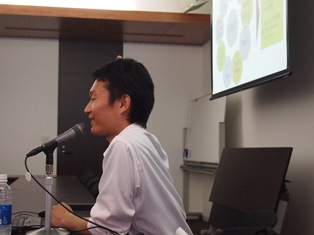こころの未来研究センター上廣倫理財団寄付研究部門ブータン学研究室では、公開型研究会「京都大学ヒマラヤ宗教研究会」を定期開催しています。今回は、「The Nature and Role of Consciousness in the Tibetan Great Perfection (Dzogchen) Philosophy」という題目にて、David Higgins博士(国際仏教学大学院・客員研究員)に、チベット密教ゾクチェン哲学における本質と意識の役割についてご講演頂きます。
(*使用言語は英語(通訳有)となります)
▽日時:2019年12月2日(月)17:00~19:00
▽場所:京都大学稲盛財団記念館3階 中会議室
京都市左京区吉田下阿達町46(川端近衛南東角) http://kokoro.kyoto-u.ac.jp/access/#honkan
▽参加費:無料
▽対象:どなたでも参加いただけます。
▽使用言語:英語(通訳有)
▽定員:50名
申込みによる先着順とし、定員になり次第、締め切らせていただきます。
主催:京都大学こころの未来研究センター 上廣倫理財団寄付研究部門 ブータン学研究室
************************************************************************************************************
Abstract:
This lecture will focus on the nature and role of consciousness in the philosophy of the Great Perfection (Dzogchen) tradition of the Ancient (Nyingma) school of Tibetan Buddhism. The Dzogchen philosophy of mind rests on a principal distinction between dualistic mind (sems) and primordial awareness (ye shes) which the tradition has deemed indispensable for understanding its distinctive views and practices. After considering how some of the tradition’s leading scholars characterized mind and primordial awareness in relation to Chinese and Indian Buddhist traditions during the post-Imperium Era of Fragmentation (9th–10th centuries), we will look at how it came to be regarded as a defining element of Dzogchen thought and practice. To this end, we will look at some of the key philosophical arguments that were used to justify the distinction in the classical period (12th to 14th centuries). The lecture concludes with an exploration of how the distinction was used in Dzogchen path hermeneutics to reconcile traditional gradualist and non-gradualist models of the Buddhist path and briefly considers some of its implications for contemporary studies of consciousness.
************************************************************************************************************
参加ご希望の方は、E-mailにてお申込みください。
件名に「第19回ヒマラヤ宗教研究会申込み」と明記し、必要事項を記入の上、ご送付ください。
定員に達し、ご参加頂けない場合のみご連絡をさし上げます。
必要事項:①お名前(ふりがな)、②ご所属、③返信用ご連絡先(メールアドレス)
※返信用メールアドレスは明確にお願いします。
連絡先/申込先:京都大学こころの未来研究センター・リエゾンオフィス(平日9時~17時)
E-mail: kokoro-bh*mail2.adm.kyoto-u.ac.jp(*を@に変えてください)
URL:http://kokoro.kyoto-u.ac.jp/index.html
2019/10/24
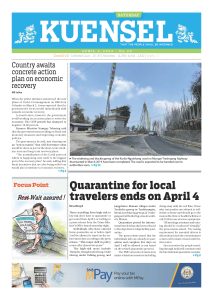
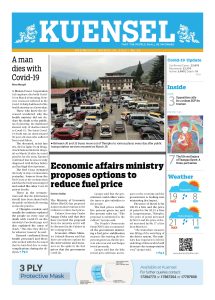

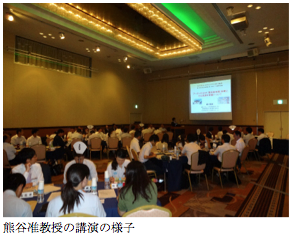
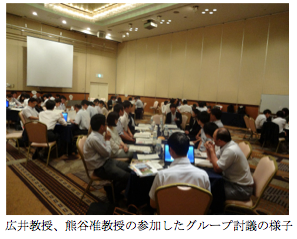
 <目次>
<目次>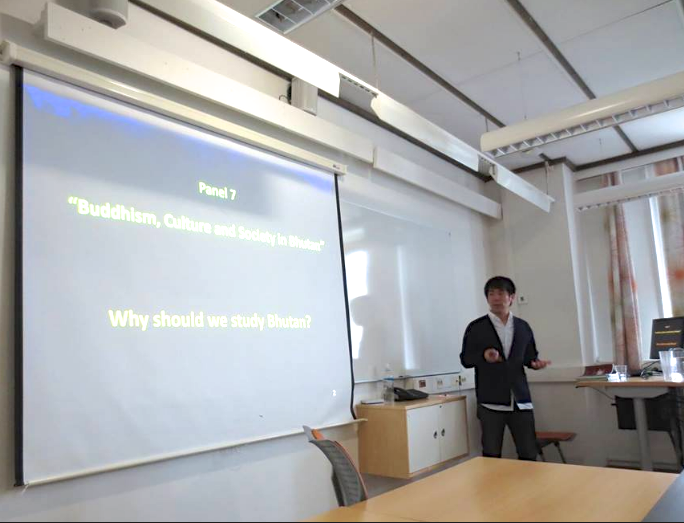
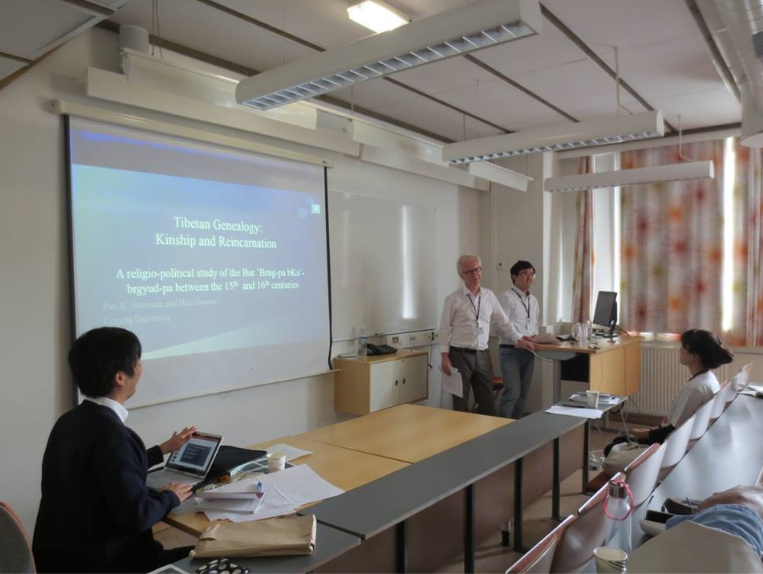
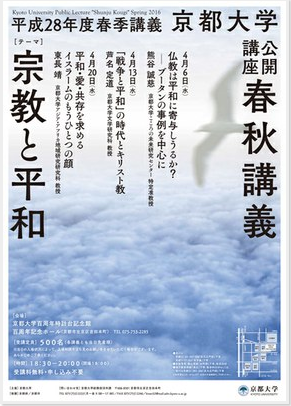
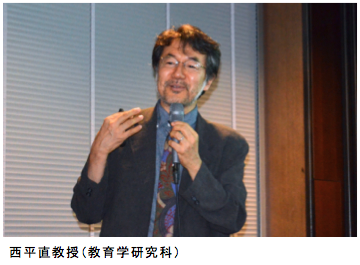
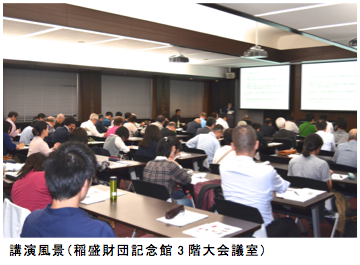
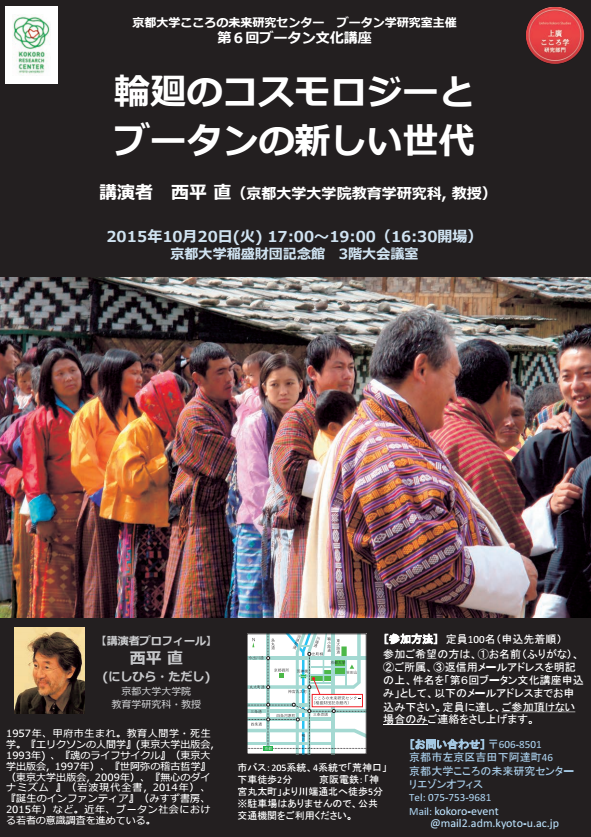
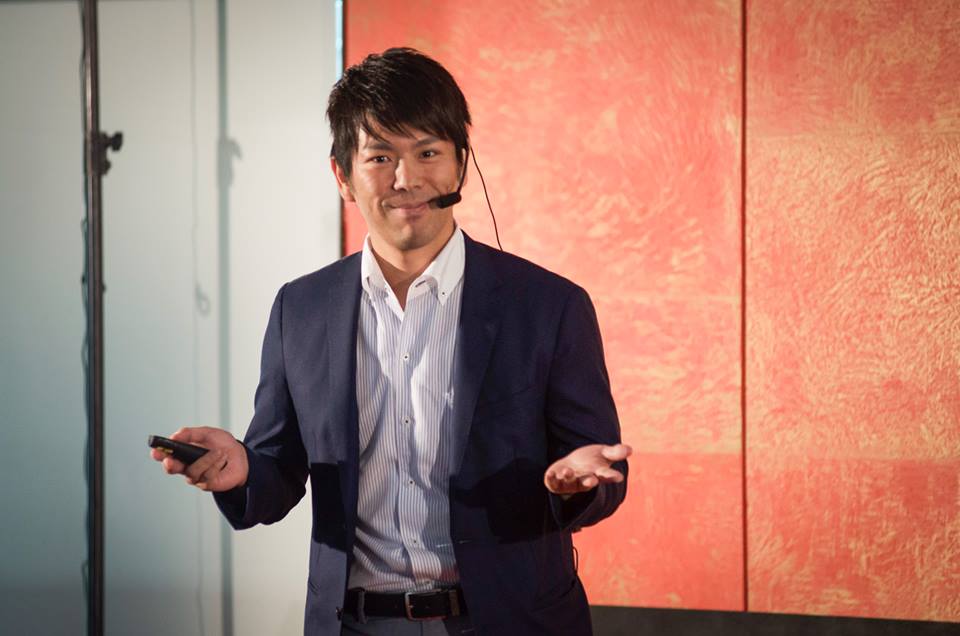
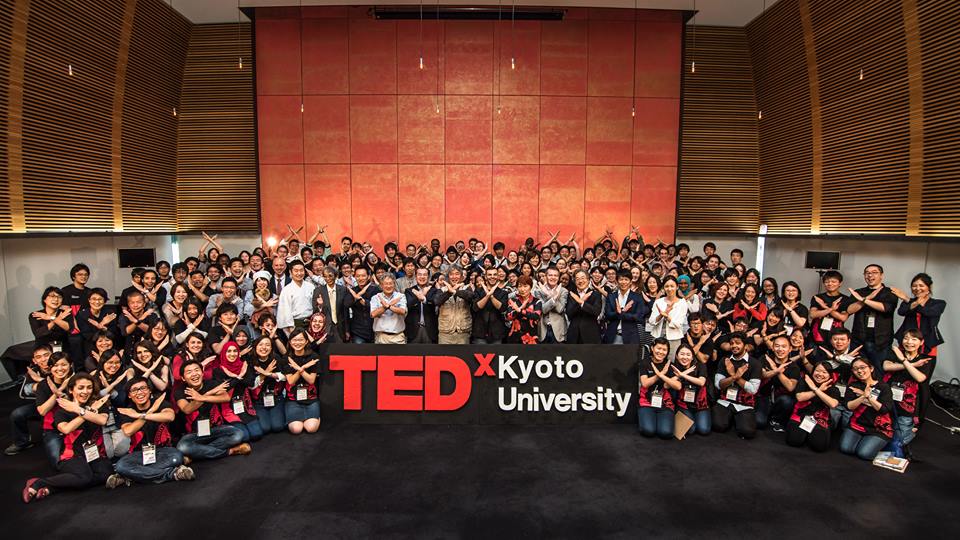
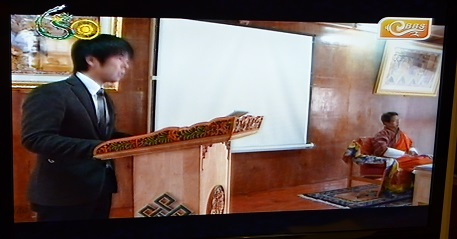
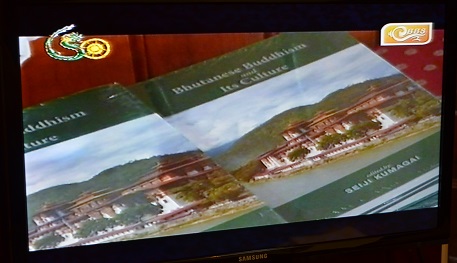
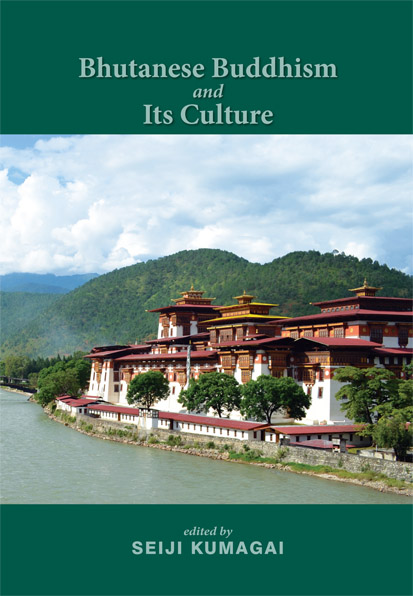
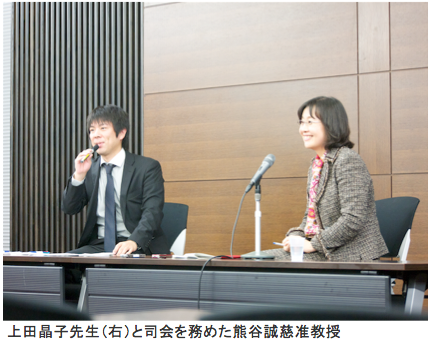
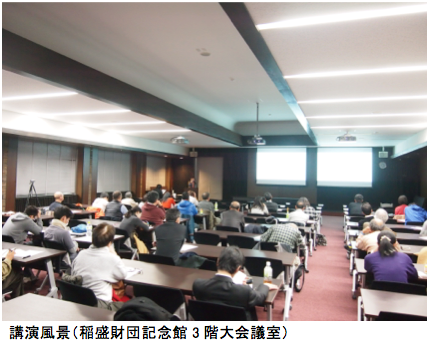
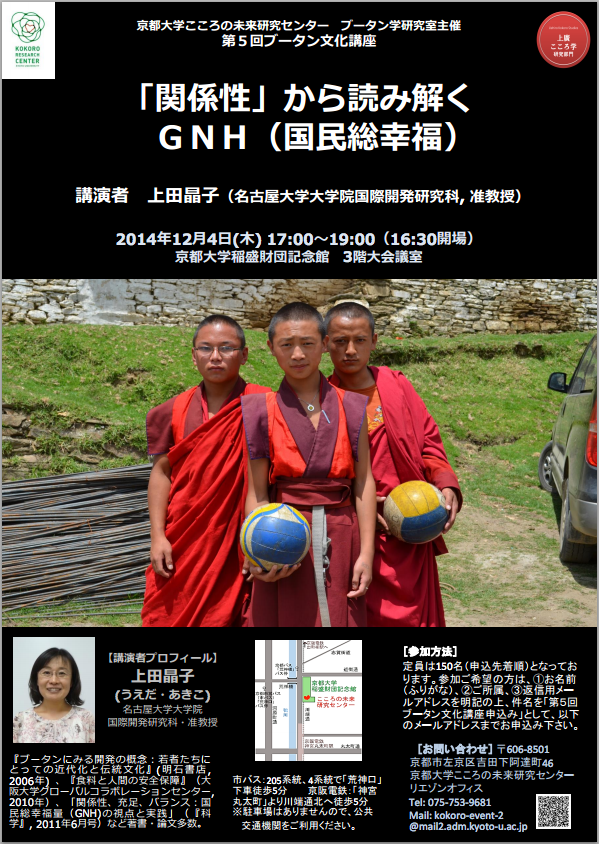
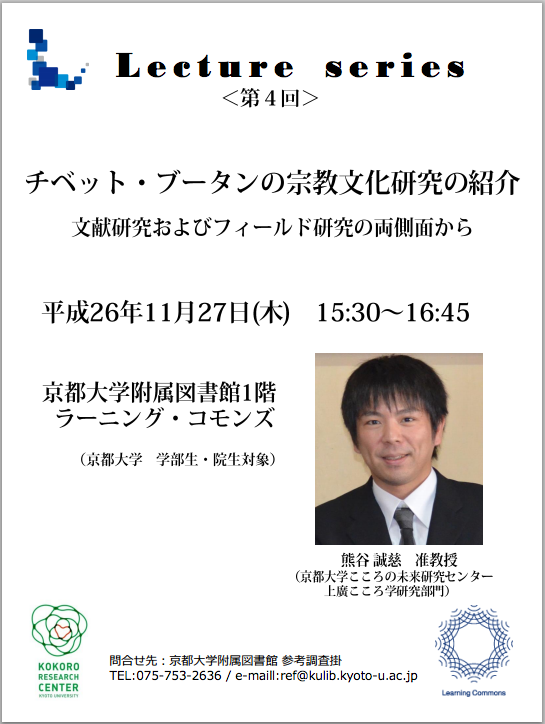
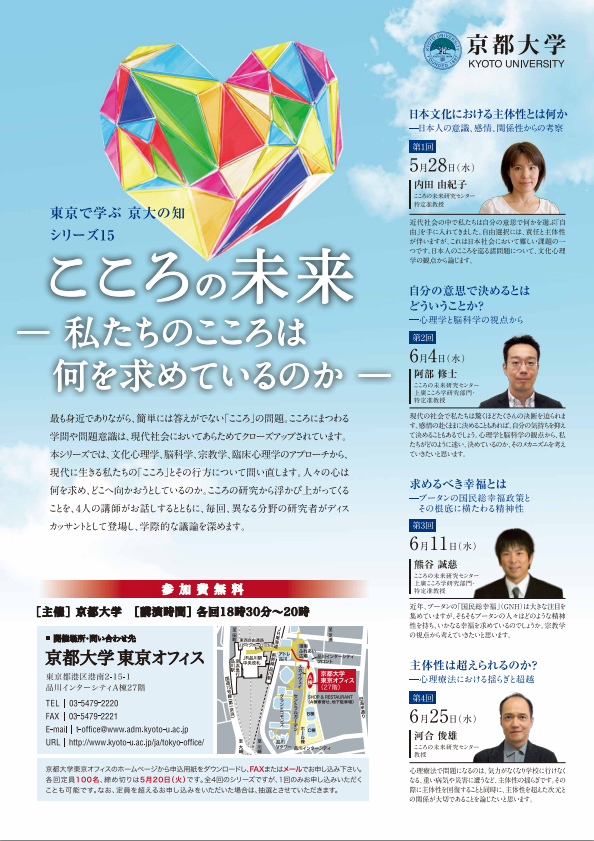
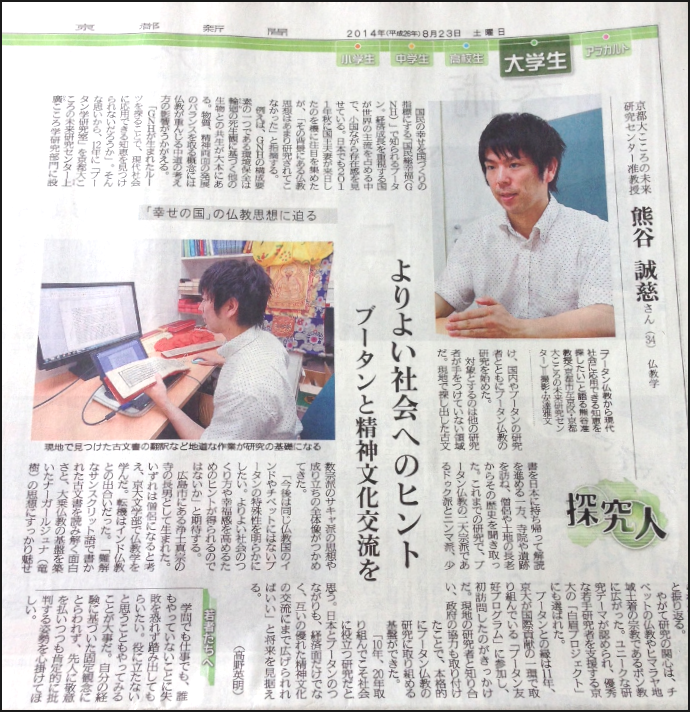 「探求人 『幸せの国』の仏教思想に迫る よりよい社会へのヒント ブータンと精神文化交流を」京都大こころの未来研究センター准教授 熊谷誠慈さん(34)仏教学
「探求人 『幸せの国』の仏教思想に迫る よりよい社会へのヒント ブータンと精神文化交流を」京都大こころの未来研究センター准教授 熊谷誠慈さん(34)仏教学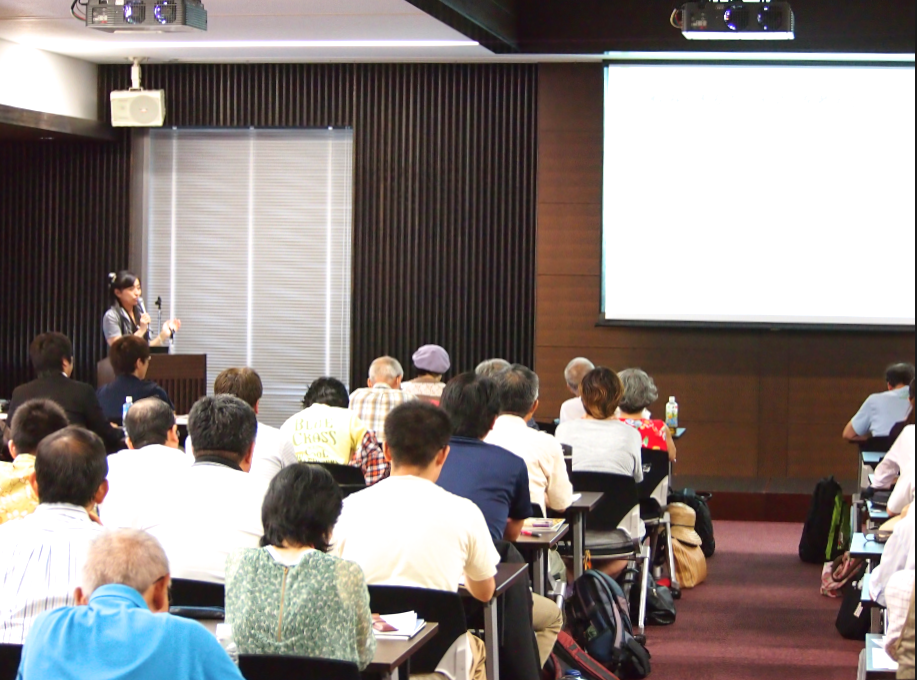 8月6日、京都府と京都大学こころの未来研究センターの共同企画による「第13回こころの広場 悩みと不安のイマ、むかし ~心理学と宗教学から考える~」が稲盛財団記念館3階大会議室でおこなわれました。
8月6日、京都府と京都大学こころの未来研究センターの共同企画による「第13回こころの広場 悩みと不安のイマ、むかし ~心理学と宗教学から考える~」が稲盛財団記念館3階大会議室でおこなわれました。